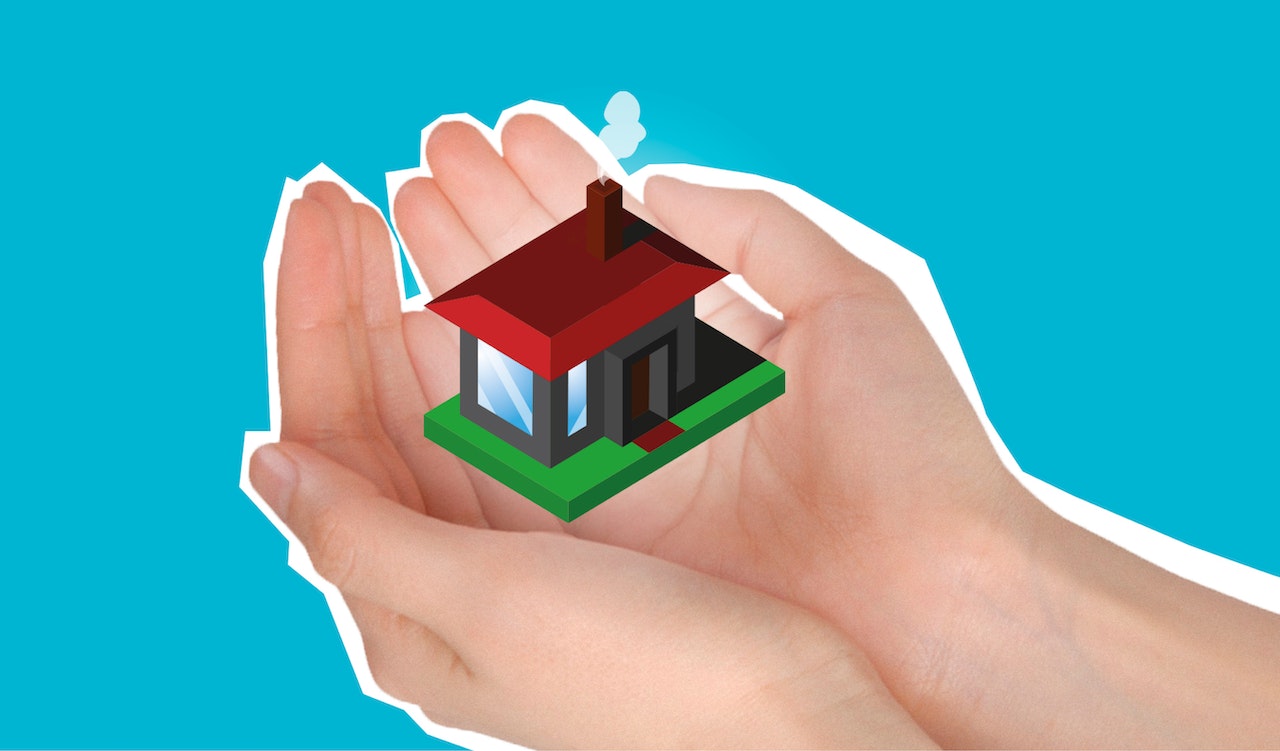
Pre-Qualified Vs Pre-Approved: What’s the Difference?
The market for home mortgages is hot right now. More and more people are looking to buy their dream home, but many don’t have the cash to pay for it outright. That’s why more and more people are applying for home mortgages. Applying for a mortgage can be a daunting task, but it’s worth it if you want to buy your dream home.
There are several different types of mortgages available, so you need to find the one that best suits your needs. You also need to make sure you’re prepared for the financial commitment of a mortgage. Also, you need to know about several terms if you are planning to apply for a mortgage.
There is a lot of confusion about the difference between a pre-approval and a pre-qualification. Many people think that they are one and the same, but this is not the case. In this article, we will tell all about Pre-Qualified Vs Pre-Approved in a Mortgage.
Check Out:- What Are Conveyancing Searches?
What is Mortgage Pre-Qualification?
Are you considering buying a home, but are not sure how much you can afford? Mortgage pre-qualification is a great way to help lenders understand how much you can borrow. By asking you a few questions about your finances, they can give you a better idea of what you can afford.
Pre-qualification is a preliminary step in the mortgage process that helps lenders understand how much you can borrow. It’s important to note that pre-qualification is not a commitment to lend you money, but it is a good indication of what you might be able to afford.
This is an important first step in the home buying process, and it can help you avoid getting in over your head. So if you’re thinking about buying a home, be sure to get pre-qualified for a mortgage first.
To pre-qualify for a mortgage, you’ll need to provide some basic information about your income, debts, and assets. This allows the lender to determine how much money they’re comfortable lending you. Keep in mind that the pre-qualification process is not as detailed as the actual mortgage
When you’re pre-qualified for a mortgage, that doesn’t mean the lender is guaranteeing to give you that loan amount. In fact, the pre-qualification is based only on the information you provide—which may not be accurate.
It’s very important to understand what pre-qualification means. It’s not a commitment from the lender to give you a mortgage, and it’s not a guarantee of the final loan amount. The pre-qualification is just an estimate of what you might be able to borrow, based on the information you provide.
What is Mortgage Pre-Approval?
If you’re planning on buying a home, one of the first things you’ll need to do is get pre-approval from a lender. This is an important step in the process because it shows real estate agents and potential home sellers that you’re serious about buying a home and that you have the financial backing to do so.
Getting pre-approval is relatively easy and shouldn’t take too long. You’ll just need to submit some financial information to your lenders, such as your income, debts, and assets. Once your lender has this information, they’ll be able to tell you how much of a loan you qualify for and what your interest rate will be.
Pre-approval tells a real estate agent that you are serious about buying and gives you a better chance of getting the home you want. It also shows the seller that you are a qualified buyer.
When you are pre-approved, the lender has already checked your credit and determined how much money they will lend you. This means that you don’t have to wait for the lender to run your credit again, which can take a few days.
With pre-approval in hand, you’ll be in a much better position to negotiate with sellers and buy the home you want. So if you’re ready to take the next step in your home-buying journey, be sure to get pre-approval from your lender.
Pre-Approval Letter
A pre-approval letter is a document from a mortgage lender that states the amount of money the lender is willing to loan you to buy a home. The letter also confirms that the lender has checked your credit and found you to be in good standing.
Most lenders require a pre-approval letter before they will issue a mortgage commitment. This letter gives you an idea of how much house you can afford and shows sellers that you are a serious buyer.
It is important to note that a pre-approval is not a guarantee that you will be approved for the loan, but it does give you a good idea of what you can expect.
Conclusion
When you begin shopping for a home, you may hear the terms pre-approval and pre-qualification used interchangeably. While both refer to obtaining financing for your home purchase, there is a key difference between the two.
Pre-qualification is the first step in the mortgage process. You supply the lender with financial information, and the lender estimates how much you can borrow. This is a helpful way to start the home-buying process because it gives you an idea of how much you can afford.
Pre-approval is the second step in the mortgage process. After you supply the lender with financial information, the lender will actually approve you for a loan. This is a more formal process than pre-qualification, and it gives you a more accurate idea of how much you can borrow.
So, which one should you get?
It depends on your situation. If you’re just beginning the home-buying process, pre-qualification can be a helpful way to get an idea of what you can afford. If you’re further along in the process and you’re ready to make an offer on a home, pre-approval will give you a more accurate loan amount and may put you in a better position to negotiate with sellers.
So, we hope you understood the Pre-Qualified Vs Pre-Approved terms in a Home or any other Mortgages.
